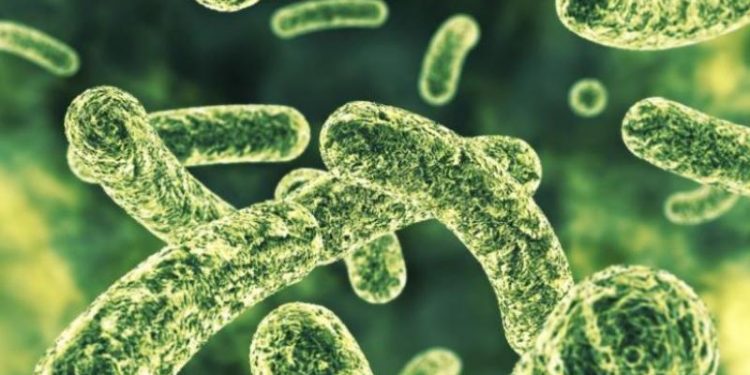At the onset, did you know that there are millions of microorganisms in the food that we regularly ingest? If yes then you know we are talking about the friendly bacteria that live happily in our intestines and are there in probiotic foods. Probiotics are considered super healthy and they do have positive effect in digestion.
Probiotics are present in the food items including yogurt, dietary supplements, and products that aren’t used orally, such as skin creams. There are a number of food items that come under probiotics.
Yogurt
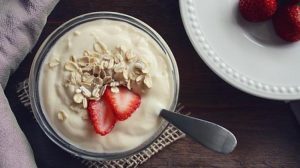
Yogurt, or curd (dahi), is one of the best available natural probiotic that is an indispensable dessert especially for tropical climates. Include a bowl of curd with lunch every day to maintain a healthy gut ecosystem. You can eat it as it is or top it up with antioxidant-rich fruits like strawberries, blueberries and apples.
Kefir
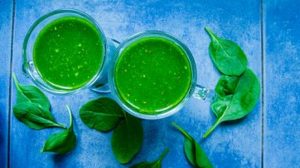
If you are lactose intolerant, then try kefir. It is one of the best sources of probiotics, only next to yogurt. You can drink this tangy drink alone or pair it with fresh fruit, or add it to a smoothie.
Idli
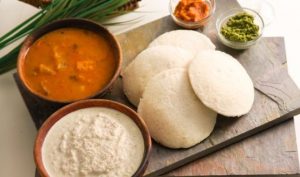
Love south Indian food? Then you must know that most of the south Indian dishes are a rich source of probiotic. Idli, dosa and other such food items are prepared by fermenting rice and lentils. By undergoing fermentation, the bio-availability of its minerals increases, helping the body assimilate more nutrition.
Indian Cheese (Paneer)
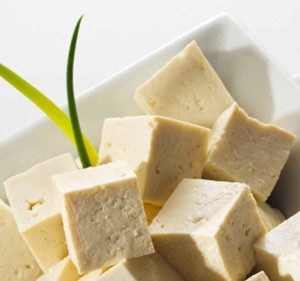
Although most types of cheese are fermented, it does not mean that all of them contain probiotics. Indian cheese, or paneer, is a rich source of probiotics. It is consumed raw with black pepper or added to salads for its milky flavour.
Fermented Soybean – Akhuni
Akhuni is a fermented soybean cake, which is mixed with chillies in chutneys (pickle) or added in meat dishes. It is nothing but a fermented, dark-coloured semi coarse paste of soya beans, which has a strong, sharp flavour.
Miso
Miso is a fermented soybean paste and a popular Japanese seasoning. Rich in several important nutrients, miso may reduce the risk of heart-related problems. Miso or even the soy sauce are quite popular in Indian homes, which add a burst of umami and flavour to anything you are cooking.
Green Peas
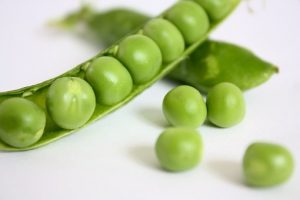
If you are wondering how green peas have made it to this list. According to a study published in the Journal of Applied Microbiology it was found that green peas contain Leuconostoc mesenteroides, which is a potent probiotic, often associated with fermentation under low-temperature conditions.
Kimchi
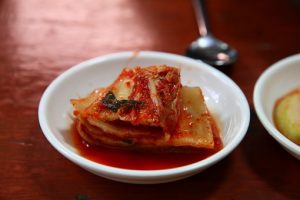
We all have tasted kimchi salad at least once while dining at a Chinese restaurant. It is an Asian fermented foods veggie dish, made with cabbage, radishes, and scallions. The unique strains found in kimchi will not only heal your gut, but may also help you stay in shape.
Pickles
Pickles are another classic fermented foods veggie option. However, not all pickled vegetables are fermented. Therefore, it is important that the pickled veggie you are eating is, in fact, fermented-and not just pickled. You can make your own fermented pickles and other veggies at home with these easy pickle recipes.
Buttermilk
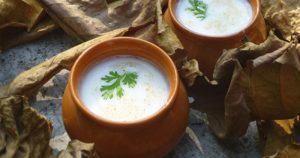
If curd is not your cup of biotics, you may consider buttermilk. There are two main types of buttermilk: traditional and cultured. Traditional buttermilk is nothing but a leftover liquid from making butter, which contains probiotics. However, cultured buttermilk does not have any probiotic benefits.
How good are the Good Bacteria?
Althogh the general notion has been proactive towards probiotics and that it is useful in maintaining a healthy gut. There are research findings that state otherwise that the microorganisms can evolve in the gut and turn things sour.
The “good bacteria” in probiotic food items can evolve in the body and have the potential to become harmful, according to a study which calls for caution in the emerging field of treatment.
Researchers from the University of Washington, Missouri, have shown how one strain of bacteria sold in Europe in an anti-diarrhoea probiotic can begin to attack the protective coating of the intestine.
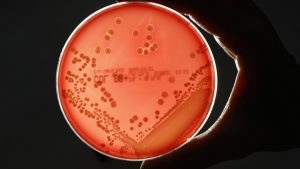
This is one factor that can increase the risk of conditions like irritable bowel syndrome (IBS) and other probiotics have been linked to serious infections in some people.
In trials on mice the researchers showed that high fat and sugar diets, antibiotic use and the other bacteria in the gut all boosted this unpredictable probiotic evolution.
Using their findings they were able to engineer a new probiotic which did not evolve and which could help treat patients with phenylketonuria (an inborn error of metabolism that results in decreased metabolism of the amino acid phenylalanine), by breaking down chemicals in diet that they cannot digest naturally.
This shows that the same principles can be used to design safer probiotics, but equally that future treatments need larger widespread testing, the study concluded.
PNN

